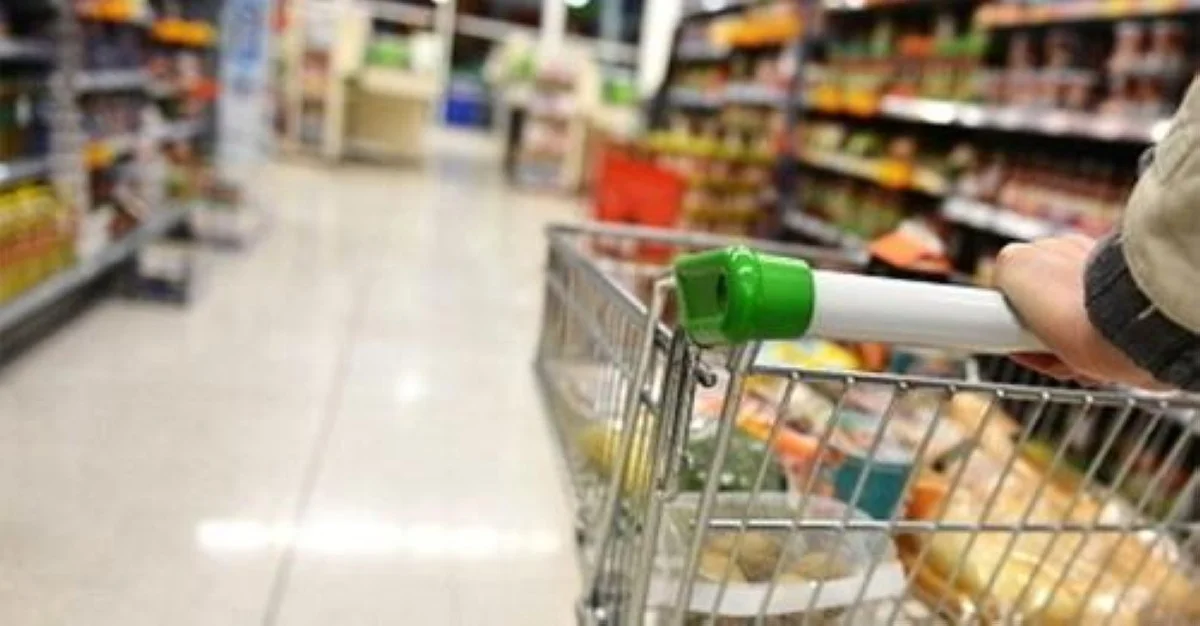11/09/2024
11/09/2024

KUWAIT CITY, Sept 11: Head of the Kuwait Society for Consumer Protection Mishal Al-Manea has highlighted the significant rise in food prices in Kuwait since the beginning of 2024. He attributed this increase to several key factors, with the primary one being a surge in shipping and transportation costs in recent months compared to the end of 2023.
Al-Manea explained that increased demand and ongoing crises in the Red Sea have impacted global shipping rates and consequently led to higher prices in the local market. The shipping costs were lower last year when shipping routes were operating normally.
The combination of higher shipping and transportation costs, along with rising global inflation rates, has contributed to an increase in the prices of basic commodities in Kuwait by approximately 25 to 30 percent. The ongoing Russian-Ukrainian war continues to influence the rise in prices, particularly for food items. The prices of some food commodities have increased up to 28 percent this year.
The relevant local authorities are actively working to address artificial price hikes and are fulfilling their responsibilities in this regard. However, global circumstances remain challenging, affecting most food and beverage prices. Al-Manea also pointed out additional factors contributing to the rise in global prices, such as climate change and the challenges facing global agriculture. On the other hand, economic expert Dr. Ahmad Al-Hisham called for allocating a portion of Kuwait’s annual budget to expand the country’s agricultural area. He highlighted the importance of preserving Kuwait’s strategic food reserves, focusing on local agriculture, and establishing food packaging factories.
Dr. Al-Hisham said the ongoing reliance on imported goods and food materials exposes the country to fluctuations in global markets and political instability. He stressed the need to address high prices in the country, as some traders exploit global crises to impose excessive price increases. Dr. Al-Hisham cited the tense political situation in Bab al-Mandab and the Red Sea for the significant disruption in food trade that contributed to a price rise of at least 40 percent, partly due to the Houthi siege. He explained that the Russian-Ukrainian war and the ongoing conflict in Sudan have exacerbated food supply shortages. Climate change has led to reduced rice supplies, with countries like India limiting their export quotas, which in turn increased global rice prices. Similarly, climate-related issues such as humidity in India and extreme heat in Australia have adversely impacted wheat production.
By Najeh Bilal
Al-Seyassah/Arab Times Staff


